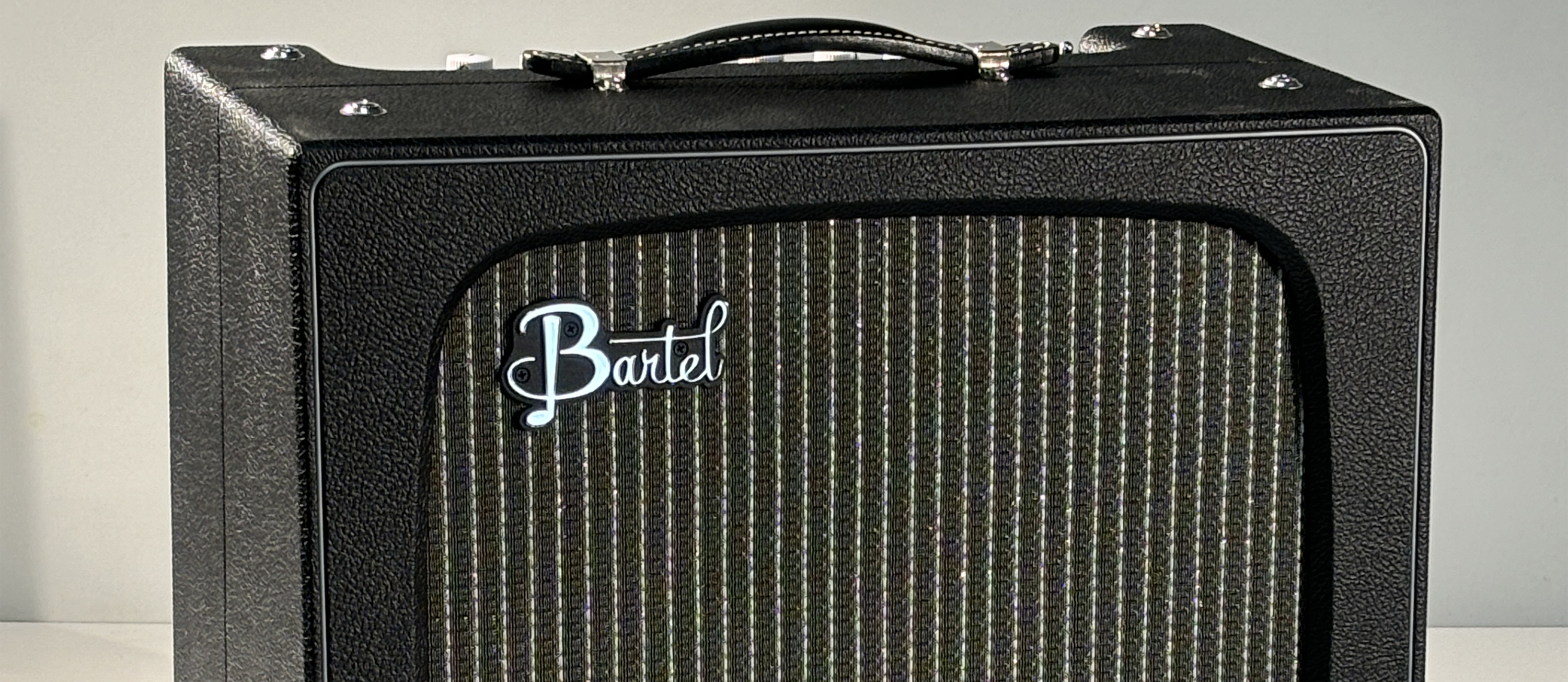“Buddy signed my Squier Stratocaster and asked me to play a few notes for him, then said, ‘Be ready when I call you’”: How an 8-year-old Quinn Sullivan became Buddy Guy's protégé, and friend
After a chance backstage meeting, Sullivan quickly fell under Guy's wing, forming a close bond with the blues legend that holds to this day

All the latest guitar news, interviews, lessons, reviews, deals and more, direct to your inbox!
You are now subscribed
Your newsletter sign-up was successful
Though he's only 25 now, blues guitar ace Quinn Sullivan already has just about two decades of time in the spotlight under his belt.
At the tender age of six, Sullivan made his debut as an electric guitar prodigy on Ellen, and barely two years later, he came to the attention of one of the greatest bluesmen of all time, Buddy Guy. From there, Sullivan would quickly fall under Guy's wing, forming a close bond with the blues legend that holds to this day.
It all began, Sullivan told Guitar Player in a recent interview, with a chance backstage meeting when the guitarist was just eight years old.
“Some people we knew at the theater [in Sullivan's hometown of New Bedford, Massachusetts] were aware that I wanted to meet Buddy, and they very graciously got us backstage for a meet and greet,” Sullivan recounted to GP. “Buddy was so kind and soft spoken. He had an American flag rugby shirt on, with a brown fedora, a gold Rolex with gold rings... He was the coolest person I had ever seen!
“He signed my Squier Stratocaster and asked me to play a few notes for him, then said, ‘Be ready when I call you.’”
With such a high profile at such a young age, however, came “blues savior” baggage from certain corners. Sullivan is certainly no traditionalist, and – similarly to fellow Gen Z blues maestro Christone “Kingfish” Ingram – has emphasized that the blues needs to be fluid, and not stuck in the past, in order to survive.
“A lot of people have looked at me as some sort of ‘savior of the blues.’ That’s certainly not a one-person job, and we have to look more at how we can keep that music alive in a way that speaks to young people,” Sullivan explained to GP. “We have to push it forward but not be stuck in the past.
All the latest guitar news, interviews, lessons, reviews, deals and more, direct to your inbox!
“There’s a lot of people who expect players like me to stay rooted in one area, because of their own nostalgia. But I have to be my own artist, and that’s the place I’m moving toward now in my career.”
To read the full issue with Sullivan – which also covers the eclectic set of influences, and the tragedy, that shaped his new album, Salvation – pick up a copy of the new issue of Guitar Player at Magazines Direct.

Jackson is an Associate Editor at GuitarWorld.com and GuitarPlayer.com. He’s been writing and editing stories about new gear, technique and guitar-driven music both old and new since 2014, and has also written extensively on the same topics for Guitar Player. Elsewhere, his album reviews and essays have appeared in Louder and Unrecorded. Though open to music of all kinds, his greatest love has always been indie, and everything that falls under its massive umbrella. To that end, you can find him on Twitter crowing about whatever great new guitar band you need to drop everything to hear right now.
